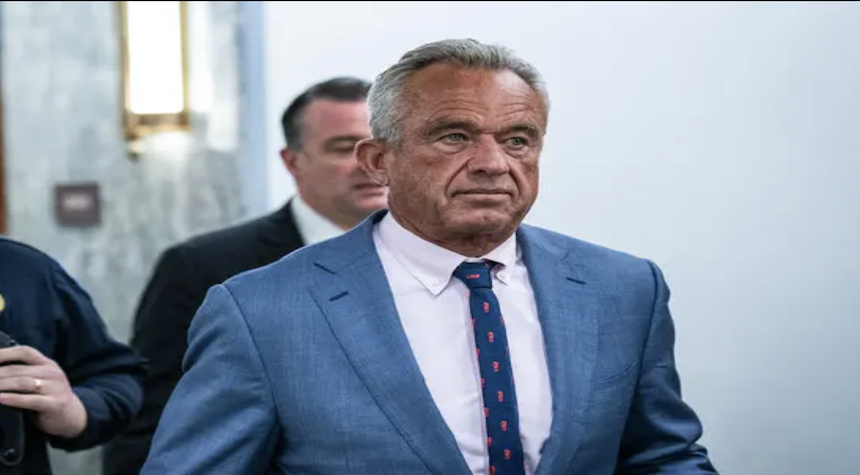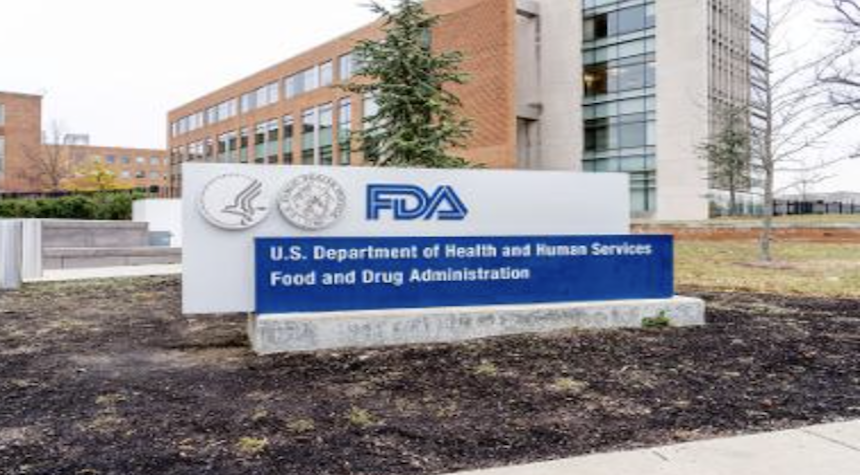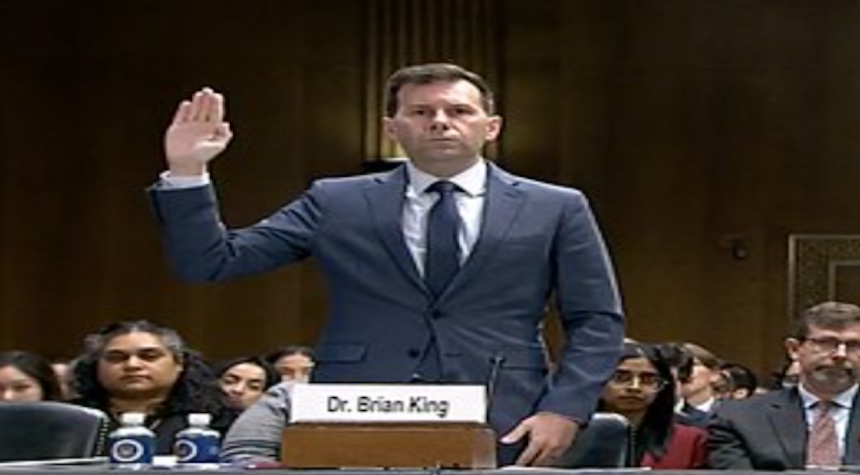People familiar with the situation say that the chief tobacco regulator at the Food and Drug Administration has been fired amid sweeping cuts made to the federal health workforce and the agency on Tuesday.
In an email sent to employees, FDA director of tobacco Brian King stated: “It’s with a heavy and deep disappointment that I announce I have been placed on. administrative leave.”
According to a source familiar with the situation who spoke under the condition of anonymity and did not have the right to speak publicly about the issue, King was fired from his post and offered reassignment at the Indian Health Service.
The FDA’s tobacco center, which includes the entire office in charge of enforcing tobacco laws, also sent notices of dismissal on Tuesday morning.
King, who was appointed to the FDA in 2022, received criticism from vaping groups for his decision to remove fruit- and candy-flavored electronic cigarettes from the market. However, this action was part of the FDA’s broader regulatory initiatives.
In his resignation letter, Dr. Peter Marks, the former FDA vaccine chief, expressed concerns about Health Secretary Robert F. Kennedy Jr.’s stance regarding vaccine information.

In recent months, several top FDA leaders who oversee drugs, foods, vaccines and medical devices, as well as tobacco products, have resigned from their positions or retired.
Kennedy will review FDA staffing and implement initiatives to examine ultraprocessed food, childhood vaccines, and antidepressants.
Due to the wave of departures, the incoming FDA Commissioner, Marty Makary, will be taking over an agency that has experienced significant leadership turnover and is undergoing a continuous adjustment process. The majority of the FDA’s scientific reviews are handled by career officials. Only a handful of political appointees oversee the process.
Makary and Kennedy have not said much about the role of tobacco policy in their plans to “Make America Healthy Again”. Despite historically low smoking rates, tobacco-related illnesses remain the leading cause of preventable death, responsible for over 490,000.
The FDA’s tobacco control center has faced criticism in recent years from a variety of sources, including anti-smoking activists, congressional legislators, tobacco and vaping manufacturers, and anti-smoking groups.

Parents, politicians, and anti-tobacco organizations want the FDA to take action against vaping products that are not approved, which can be appealing to teens. Many of these products are imported from China. Tobacco companies and vaping companies claim that the FDA is slow to approve products for adult smokers. This includes e-cigarettes, which, they say, carry fewer health risks than traditional cigarettes.
The FDA under King rejected millions of applications for flavored cigarettes, citing insufficient evidence that these products would benefit adult smokers and would not be popular among children. These rejections led to multiple lawsuits from vape manufacturers against the FDA, including one that was argued in the Supreme Court of Canada in December.
Vapor Technology Association (VTA), an industry group, has run ads to encourage Trump to keep his campaign promise to support the flavor vaping industry.
The FDA has approved a few e-cigarettes that are intended for adults. These include R.J. Reynold’s Vuse and Altria’s Njoy.
The FDA has also recently departed from the following positions:
- Jim Jones, the Deputy Commissioner for Foods, resigned from his position in February, after being forced to dismiss dozens of staffers.
- Patrizia Cazzoni was the director of FDA’s Drug Center. She resigned just days before Donald Trump became president.
- Second-ranking official of the agency. Dr. Namandje Bumpus, who resigned at the end of last year.
- Dr. Jeffrey Shuren retired as director of medical devices at the FDA last summer.
In recent weeks, many deputies and senior scientists have retired or stepped aside.

